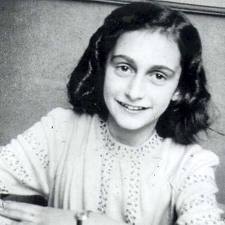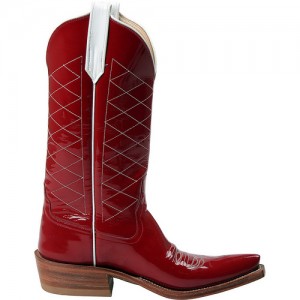“The Nazis are good now,” my eight-year-old daughter Ella half asked, half said.
“No, the Nazis are still bad. But the Germans are good.”
“That’s what I meant,” she said.
World War II was still an abstraction to her. It didn’t have the human connection that would make it real. It was time to read Anne Frank.
 We finished The Diary of a Young Girl last night, and although the book is so famous it has almost become a cliché, its painful, hopeful beauty startled me. I expected to have to explain words like D-Day and Gestapo, to tell Ella about the horrors of Auchwitz and the evils of anti-Semitism. But I didn’t realize I would have to teach her about puberty.
We finished The Diary of a Young Girl last night, and although the book is so famous it has almost become a cliché, its painful, hopeful beauty startled me. I expected to have to explain words like D-Day and Gestapo, to tell Ella about the horrors of Auchwitz and the evils of anti-Semitism. But I didn’t realize I would have to teach her about puberty.
Anne lived in the Secret Annexe from the ages of twelve to fifteen, and the timing of her period is a frequent topic. (“What’s a period?” Ella asked, in the same breath as “What’s an invasion?”) Anne is mostly cheerful and even keeled, but she also becomes a rebellious teenager, writing a letter to father saying that she is responsible to no one and will no longer obey him.
In our minds, Anne will always be a teenager, because her life was cut short. Thanks to her book, both my daughter and I grew up a little bit, ourselves.


